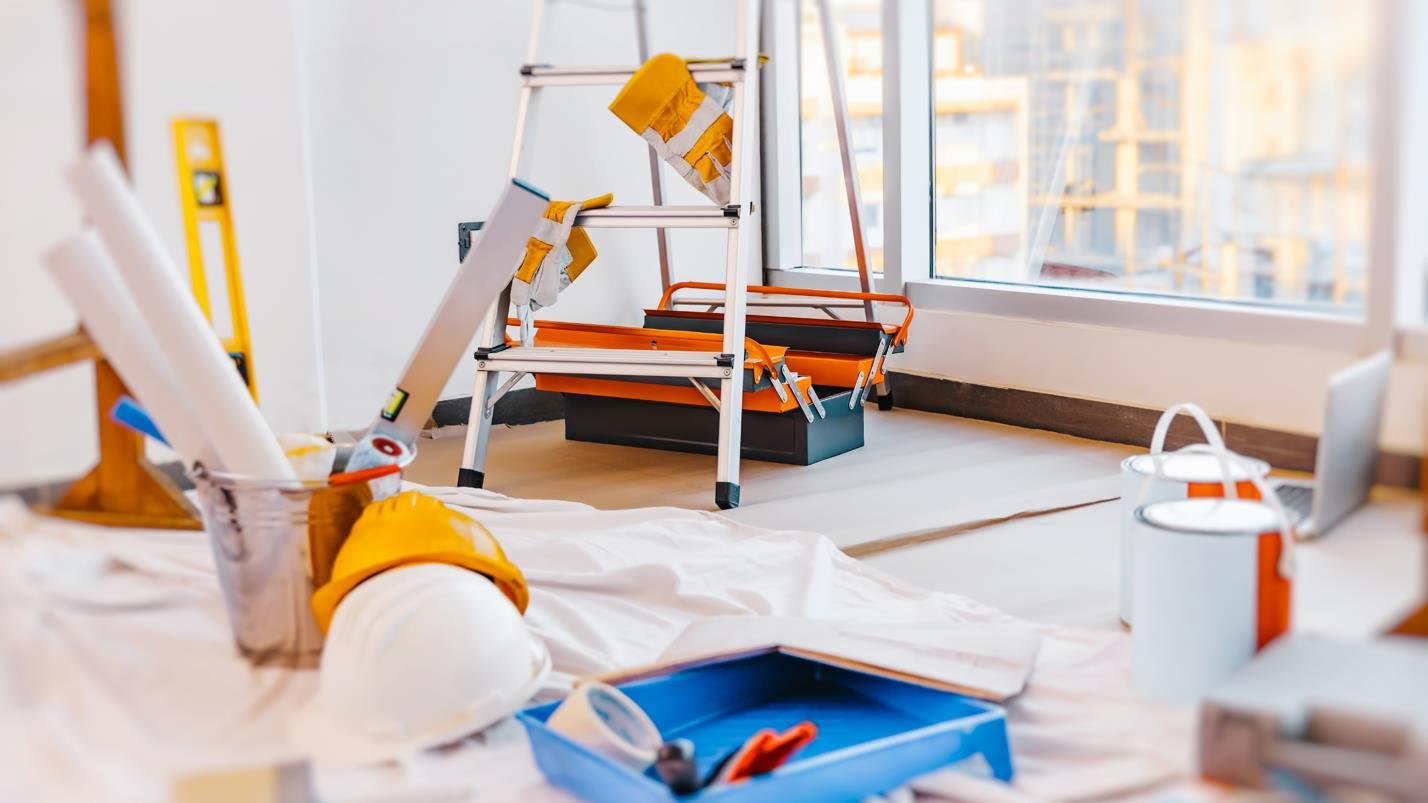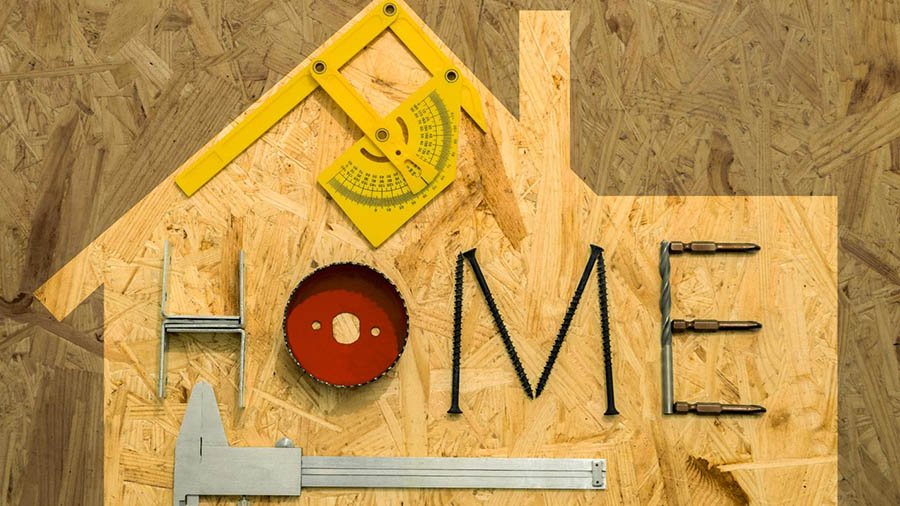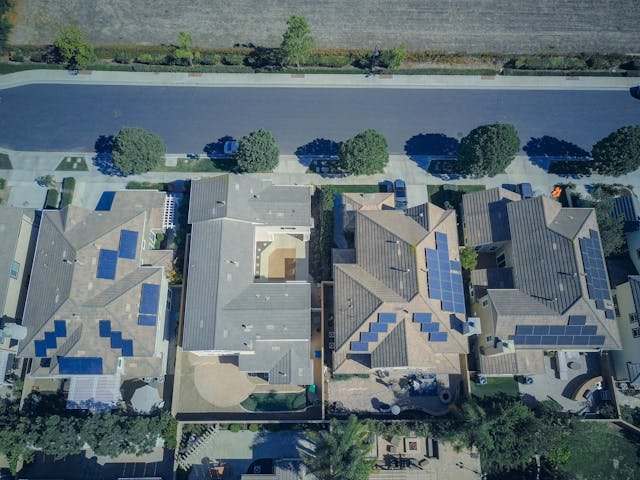Home renovation can be an exciting and fulfilling experience. However, whether you are renovating your home for aesthetic or functional purposes, it is important to always keep safety in mind. Accidents can happen, and as a homeowner, it is essential to understand your liability with the help of a skilled personal injury lawyer in Frisco in case of any incident during a home renovation project. This article will provide the information you need to understand homeowner liability for injuries during a home renovation.
What is Homeowner Liability in Home Renovation?
Homeowner liability refers to a homeowner’s legal responsibility for injuries on their property. For example, when you undertake a home renovation project, you invite contractors and other workers into your home. As a homeowner, you are legally obligated to provide a safe working environment for these individuals. If an injury occurs during the renovation project, you could be held liable for any damages resulting from the injury.
Types of Injuries that can occur during Home Renovation
Home renovation projects can involve a wide range of tasks that can pose various safety hazards. Some of the common types of injuries that can occur during the home renovation include:
Falls are among the most common types of injuries that can occur during a home renovation. For example, workers may fall off ladders, scaffolds, or roofs while performing painting, roofing, or gutter installation tasks.
Cuts and Lacerations – using sharp tools such as saws, drills, and knives during home renovation can result in cuts and lacerations. This can occur to both workers and homeowners.
Burns – home renovation projects often involve the use of heating devices and chemicals, which can cause burns. This can happen during painting, welding, and electrical work.
Electrical shock – working with electricity can be dangerous and can result in electrical shocks. This can occur when working with wires, outlets, and electrical panels.
Poisoning or exposure to hazardous materials – home renovation projects may involve the use of toxic chemicals such as lead paint, asbestos, and mold, which can cause poisoning or exposure to hazardous materials.
Falling objects – tools, equipment, and construction materials can fall from height and cause injury. This can occur during demolition or construction work.
Strains and Sprains – home renovation projects can be physically demanding and may involve heavy lifting, repetitive motion, and awkward postures, resulting in strains and sprains.
Homeowner Liability for Home Renovation Injuries
Homeowner liability for home renovation injuries varies depending on a variety of factors. Harm can be impacted by the type of injury, the level of care taken to prevent the injury, and the specific laws in your state or locality. In general, if an injury occurs during a home renovation project due to negligence on the part of the homeowner, the homeowner may be held liable for any damages resulting from the injury.
Legal Standards for Homeowner Liability
The legal standards for homeowner liability for injuries during home renovation vary from state to state. Some states follow the rule of strict liability, meaning that homeowners can be held responsible for damages on their property, regardless of whether or not they were negligent. Other states follow a negligence standard, which means that homeowners can only be held liable for injuries that result from their negligence.

To determine liability, courts will look at a variety of factors, including:
- Whether or not the homeowner had knowledge of the hazard that caused the injury.
- Whether or not the homeowner took reasonable steps to prevent the hazard.
- Whether or not the injured party behaved recklessly or negligently at the time of the injury.
Preventing Home Renovation Injuries
The best way to prevent home renovation injuries is to take proactive steps to create a safe working environment. Here are some tips for avoiding injuries during home renovation:
- First, hire licensed and insured contractors with a good safety record.
- Make sure all workers are adequately trained and have the necessary safety equipment.
- Provide a clear and safe work area for contractors.
- Inspect the work area regularly for hazards.
- Communicate any safety concerns with the contractors.
- Ensure that all electrical work is done by a licensed electrician.
- Use proper safety equipment, such as gloves, eye protection, and hard hats.
- Follow all safety guidelines and regulations.
- Seek legal advice from an automobile accident attorney in Frisco and a personal injury lawyer in case of untoward incidents.
The Role of Personal Injury Lawyers
If you or someone you love has been injured during a home renovation project, it is important to seek the advice of a personal injury lawyer. Personal injury lawyers can assist in determining liability, negotiating with insurance companies, and representing your interests in court. They can also provide guidance on the best course of action to take in order to seek compensation for any damages resulting from the injury.
Conclusion
In conclusion, home renovation projects can be exciting and rewarding but also have potential risks and liabilities. Homeowners are responsible for ensuring a safe working environment for anyone working on their property. By understanding their liability for injuries that may occur during home renovation, homeowners can take proactive steps to prevent accidents from happening in the first place.
Homeowners should always work with reputable contractors who follow safety guidelines and have proper insurance coverage. They should also provide a safe working environment by ensuring adequate lighting, stable scaffolding and ladders, and clear walkways. Homeowners should also consider purchasing a homeowners insurance policy with liability coverage to protect themselves in case of an accident.
Ultimately, extra effort and precaution can go a long way in ensuring a successful and safe home renovation project for everyone involved.
















